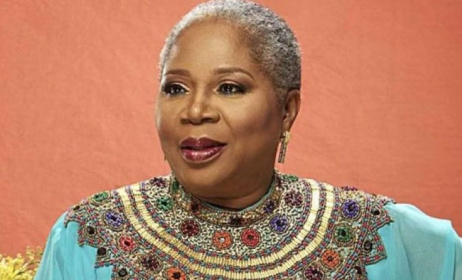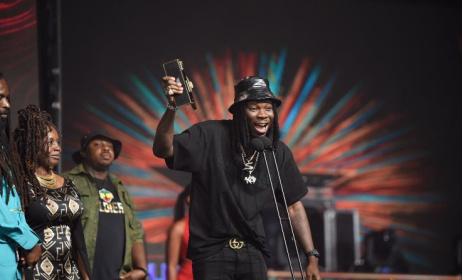Bobi Wine: Don't fear new online laws
Ugandan musician-turned-politician Robert Kyagulanyi, popularly known as Bobi Wine, has urged East African activists not to be intimidated by a recent Internet crackdown by the governments of Kenya, Uganda and Tanzania.
 Bobi Wine says intimidation is an unsuccessful method used by governments to silence those who are politically and socially vocal. Photo: TabzKuCamera.
Bobi Wine says intimidation is an unsuccessful method used by governments to silence those who are politically and socially vocal. Photo: TabzKuCamera.
Bobi Wine told Music In Africa that political leaders in East Africa wanted to curb freedom of expression in order to avoid criticism.
“Information on social media spreads so fast and the government is scared,” he said. “The public, especially the youth, have the confidence to call out bad leadership. In Uganda, social media has provided a platform for musician-activists to share music that has been banned due to their political nature.”
In March, Tanzania introduced the Electronic and Postal Communications (Online Content) Regulations Act 2018, which makes it compulsory for bloggers and owners of streaming channels to register with the government and pay up to $900 for an annual licence. Non-compliance can earn transgressors a fine of up to 5 million Tanzanian shillings ($2 200), a minimum 12 months behind bars, or both.
Uganda's Parliament recently passed a law to impose tax on those using WhatsApp, Twitter and Facebook. The law will take effect on 1 July and force social media users to pay a daily fee of about 200 Ugandan shillings ($5 cents).
In Kenya, President Uhuru Kenyatta last month signed the Computer and Cybercrimes Bill, which says that anyone who intentionally publishes false, misleading or fictitious information online will be either fined an amount not exceeding 5 million Kenyan shillings ($5 000), spend 10 years in jail, or both.
“Intimidation is an unsuccessful method that has been used by many governments to silence those who are politically and socially vocal,” Bobi Wine said. “I would like to remind musicians in activism that we are the mirror of society. We should not be coerced into choosing bad over good. The people support our work because they believe we can channel their issues.”
The singer said Uganda's social media tax would not dissuade people from sharing their political opinions.
“The desire for freedom is alive now more than ever, so as much as a section of Ugandans live on less than a dollar per day, this tax will not prevent people from speaking their minds. People have paid for freedom using their lives, which is more terrifying than being taxed,” he said.
Kenyan musician and activist Ndungi Githuku said it was no coincidence that the three East African governments had implemented regulatory laws at the same time.
“There is no doubt that this is something that has been discussed by the three presidents,” he said. “I know they are fronting cyberbullying and ethics but the real issue is silencing of the people and it is very wrong because they are taking us back to the Dark Ages. Kenyans will definitely not be threatened by the law, which prohibits their constitutional rights.”
Ugandan hip hop artist and activist Sylvester Kabombo said the new tax would affect the marketing of music as well as online distribution.
“Social media has made it easier for artists to connect with their fans and promote their gigs and music,” he said. “But with the new tax, it’s going to be a challenge. The public is going to be paying more for the same data package or paying the same amount for a reduced package for the government to get its tax."





























Comments
Log in or register to post comments